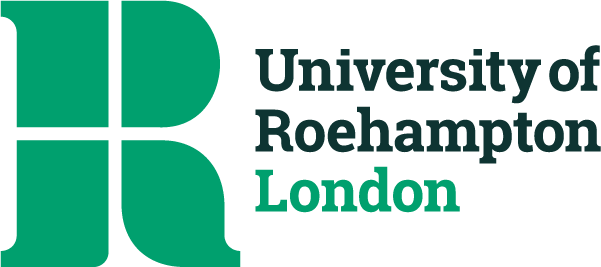At our London Holborn, Birmingham and Manchester centres we deliver teaching for undergraduate and postgraduate degrees. The programmes are validated by the University of Roehampton and taught by QA Higher Education staff.
The partnership extends to a number of areas, including degree apprenticeships (with QA Limited) and student recruitment activities in the UK and internationally.


Address
St James' House, 10 Rosebery Avenue, London, EC1R 4TF
Address
Louisa Ryland House, 44 Newhall Street, Birmingham, West Midlands, B3 3PL
Address
Saint James Buildings, 61 - 95 Oxford St, Manchester, M1 6FQ
